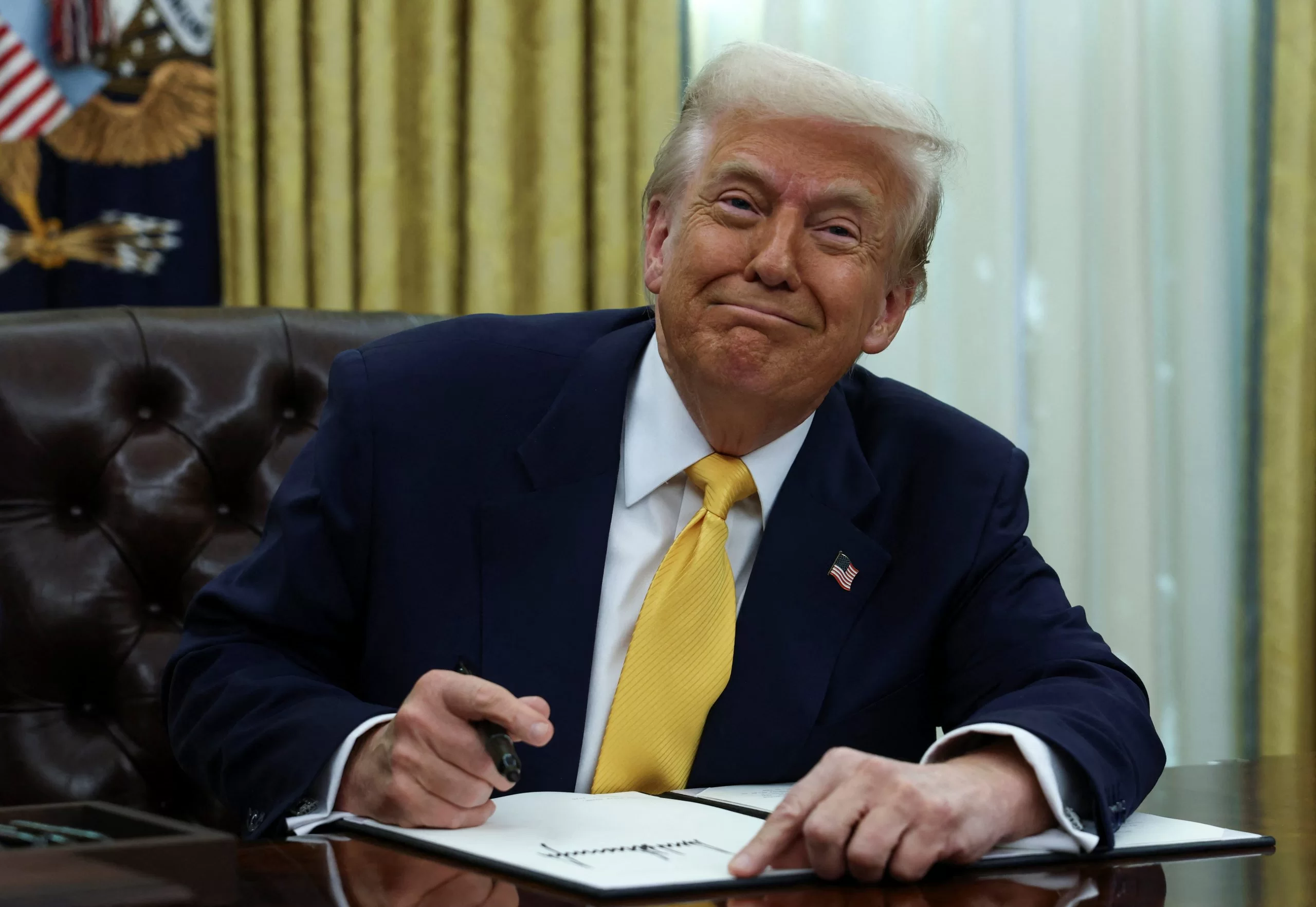- Wednesday, April 23, 2025
India is one of the few nations working to lower tariffs and win over Trump, who has often called it a “tariff king” and “tariff abuser”

By: India Weekly
THE UNITED STATES has flagged concerns over India’s increasing and burdensome import-quality requirements, among its many barriers to trade, in a report released two days before planned US reciprocal tariffs take effect.
The Office of the US Trade Representative on Monday (31) provided an encyclopedic list of foreign countries’ policies and regulations it regards as barriers, calling out India’s customs barriers, import curbs and licences, alongside high tariffs.
In the midst of president Donald Trump’s efforts to upend the global trade order and shift it in Washington’s favour, India is one of the few nations working to lower tariffs and win over Trump, who has often called the South Asian nation a “tariff king” and “tariff abuser.”
Both countries have started talks towards clinching an early trade deal. Last month, Reuters reported India was open to cutting tariffs on more than half of US imports worth $23 billion, the biggest cut in years.
Still, the US has concerns that some of India’s import requirements are not internationally aligned, and that some are burdensome or lack clear timelines, the Trump administration said in its latest USTR report.
It wasn’t clear if Trump’s April 2 announcement on tariffs would factor in the findings of the USTR report.
The US is planning to roll out reciprocal tariffs for India and other countries.
Trump had said that Thursday (3) will be “Liberation Day” for the US in terms of imports and exports.
Some of India’s non-tariff barriers have also been a pressure point in bilateral trade ties.
Since 2019, India has made many Bureau of India Standards (BIS) standards mandatory for quality control in sectors including chemicals, medical devices, batteries, electronics, food and textiles, the USTR said.
India’s standards certification authority, which has so far issued over 700 quality control orders in around 100 sectors, plans to issue 125 new orders in sectors covering chemicals, textiles, steel, aluminum, electric equipment, as per an Indian government statement.
India is not considering imposing retaliatory tariffs yet in response to Trump’s worldwide reciprocal tariffs, as New Delhi hopes for an exemption, two government officials said.
The US has, however, offered no assurance on exemptions during bilateral talks last week, the officials added.
The USTR’s Monday (31) report also highlighted other contentious non-tariff issues, including India’s data privacy regime.
India’s draft rules for its so-called Digital Personal Data Protection Act released last month could require disclosure of personal data to the Indian government, restrict cross-border data transfer and may allow data localization, the USTR said.
The U.S. has also raised concerns over policies for electronic payments services that appear to favour Indian domestic suppliers over foreign ones.
Reciprocal tariffs imminent
White House Press Secretary Karoline Leavitt on Monday (31) said that India and other countries have been “ripping off our nation for far too long, and they’ve made, I think, their disdain for the American workers quite clear.”
Holding up a chart showing tariffs imposed by India, Japan and other countries, Leavitt said that it is the time for “reciprocal tariffs” and the time for President Trump to “make a historic change”.
Leavitt did not spell out the specifics of what the tariffs will look like and which countries will be impacted.
“I will let the President make the announcement on Wednesday, but it’s certainly going to be ensured that there’s reciprocity and the American people are treated fairly,” she said.
The press secretary added that vice president J D Vance has been “deeply involved” in these conversations.
“All of these individuals have presented plans to the President on how to get this done, and it’s the President’s decision to make, and we will not get ahead of him on the specifics of the announcement,” Leavitt added. (Agencies)